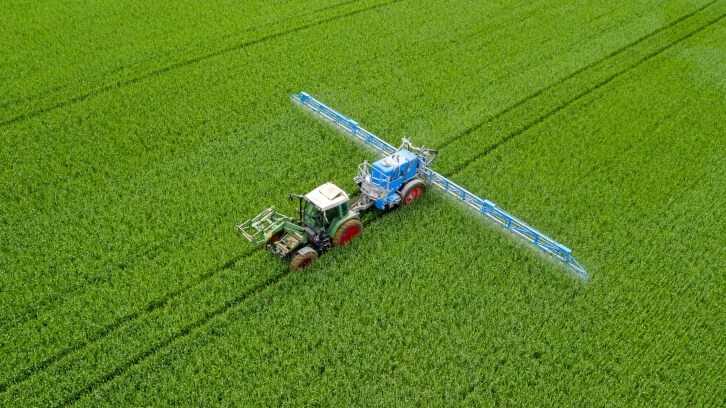News
Nitrogen fertiliser production needs big rethink, with production outstripping global needs

Planet Tracker’s latest report, ‘Fixing Nitrogen: Financial markets need to focus on nitrogen’, has highlight some significant shortcomings of the global nitrogen industry.
Nitrogen is critical to the global food system, as it’s used to make ammonia-based fertilisers. However, its combined impact on the environment and inefficient handling is cause for concern, warns Planet Tracker.
Its report found that we are presently outstripping planetary boundaries two-fold, while producing far more fertilisers than the world currently needs.
In the developed world, only 30-35% of fertilisers applied are being taken up by plants. The report also flags that much of it will flow into water sources, where it can poison marine life and cause significant economic consequences, including algal blooms. A case study included in the report found that a small group of aquaculture companies lost up to $358m as a result of algal bloom events between 2013 and 2018.
Today, the production of nitrogen fertiliser consumes 2% of the world’s energy and produces between 1.4% and 5% of global greenhouse gas emissions.
But despite its big impact, greenhouses gases generated from nitrogen are often pushed from the limelight in favour of tackling carbon emissions.
Within its pages, the report calls for financial markets to address these inefficiencies in order to meet up to nine SDGs, feed a growing global population and prepare to meet the Global Biodiversity Framework, which calls for reducing nutrient losses to the environment by 50% by 2030.
Lead author, Chris Baldock, head of data methodology at Planet Tracker, commented: “Nitrogen-based fertiliser is a crucial input to the $14 trillion global food system, as well as being essential for maintaining food security. The nitrogen industry that supplies it, however, is in urgent need of change.
“At present the industry pollutes at an alarming rate and contributes to billions of dollars of economic losses and social harms from fertiliser run-off and associated issues such as algal blooms. Investor complacency on this issue will surely come back to haunt them.
“We are calling on investors to be a proactive part of this process and push for change across the whole value chain, assessing their portfolio companies for nitrogen and fertiliser-related risks. A better, more equitable system for distributing and producing fertilisers could have significant economic benefits.”

















